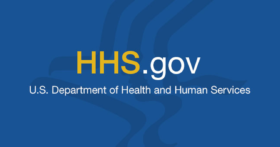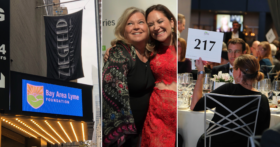FOR IMMEDIATE RELEASE
Media Contact:
Tara DiMilia, 908-947-0500, tara.dimilia@TMstrat.com
The Foundation encourages Congress to support the recommendations to fund efforts to increase scientific understanding of Lyme disease and other tick-borne infections
Portola Valley, Calif., November 14, 2018—Bay Area Lyme Foundation, a leading sponsor of Lyme disease research in the United States, offered their appreciation to the U.S. Department of Health and Human Services (HHS) in response to The Tick-Borne Disease Working Group’s recommendation for increased Federal investment focused on Lyme disease awareness, education, diagnosis and treatment. This Federal Advisory Committee was enshrined in the 21st Century Cures Act, after years of work by Lyme disease advocates and their congressional representatives to review the Federal Government’s activities on tick-borne disease.
“This document represents an important first step by the U.S. federal government to recognize the need to better address tick-borne diseases,” said Wendy Adams, Research Grant Director, Bay Area Lyme Foundation and Member, Tick-Borne Disease Working Group. “These recommendations make the powerful point that significant increases in federal government funding for tick-borne disease research are required before we can truly diagnose and treat tick-borne infections.”
While there are nearly 10 times as many people diagnosed each year with Lyme than HIV in the U.S., Lyme disease receives approximately 1% of the public funding that is allocated for HIV/AIDS.


 Lyme disease, particularly with chronic or late-stage symptoms, can be a horribly frustrating and debilitating illness.
Lyme disease, particularly with chronic or late-stage symptoms, can be a horribly frustrating and debilitating illness.